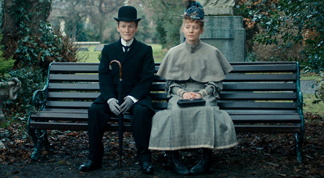By Vijoleta Nikolic/reporter
“We must learn to live together as brothers, or perish together as fools.”
—Martin Luther King Jr.
Since 1976, Black History Month, also known as African-American Heritage Month, is observed every February. TCC students and instructors consider the month a major way to show appreciation to their ancestors.
Historians often list Rosa Parks, Harriet Tubman, Frederick Douglass and Thurgood Marshall among the most influential people in African-American history.
Many students are most familiar with Martin Luther King Jr. and agree that he is on top of the list as one of the most influential people in black history.
The month serves as a reminder of how one person made an impact that’s going to last for generations to come.
“Martin Luther King Jr. recognized and experienced the lingering injustices toward minorities in a civilized society and promoted civil disobedience through nonviolent protests,” said South Campus government associate professor Martha Musgrove.
Sophomore Nicole Gibson said she has two teenage boys, and she tries to get them to watch old movies about black history.
“I want them to be able to see how far we have come as a race and as a nation,” she said.
Gibson said February brings more unity to the African-American heritage. Because of people like King,
she said she lives a better life today.
zzzTCC usually sponsors various activities throughout the month, including plays, musical performances, exhibits and guest speakers.
“Since so much planning and preparation at TCC goes into the events of Black History Month, I want to see maximum student participation in this celebration and the learning process,” said NE history instructor Howard Fuller.
Aside from being able to appreciate her past and her ancestors, freshman Sherry Thomas said she also enjoys the plays, movies and food during Black History Month.
Musgrove said her family taught her to respect her heritage.
“Long before Black History Month was celebrated, my parents constantly reminded my siblings and me that giving up was not an option because our forefathers never did,” she said. “We were told stories of the struggles of our past and that education was the key to overcoming life’s obstacles. We were not allowed to blame others for our failures but to take responsibility for our actions — good and bad. We were encouraged to read anything and everything that was available to us, and I truly believe this was because our forefathers were forbidden to do so.”




























